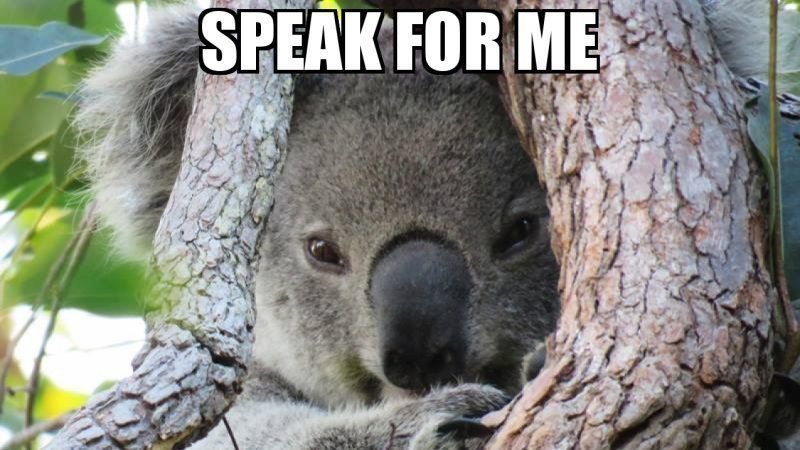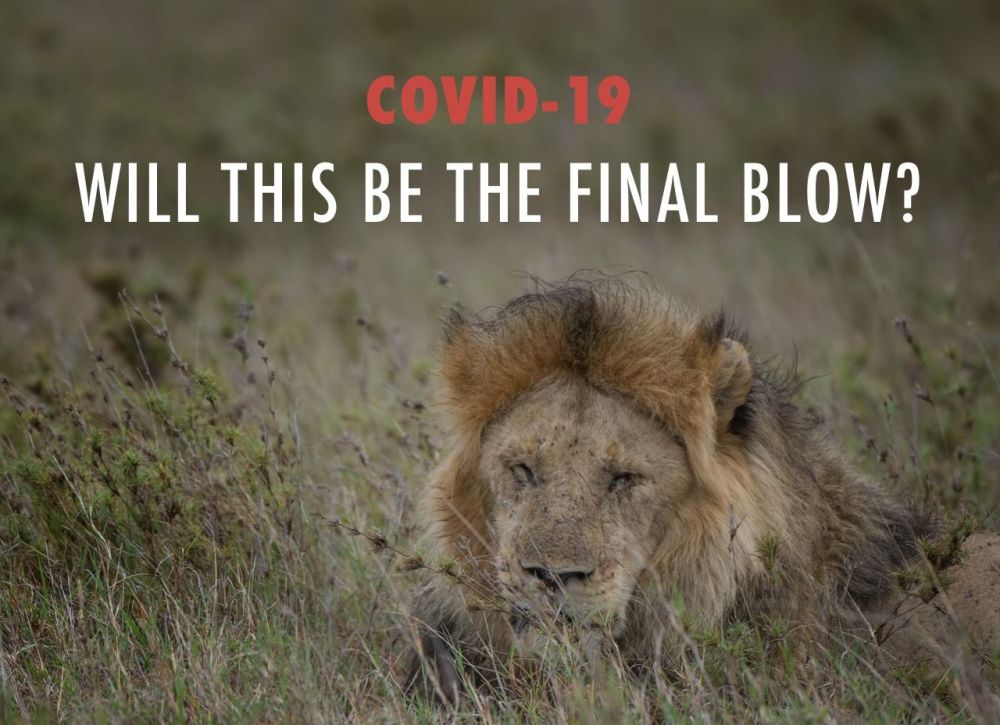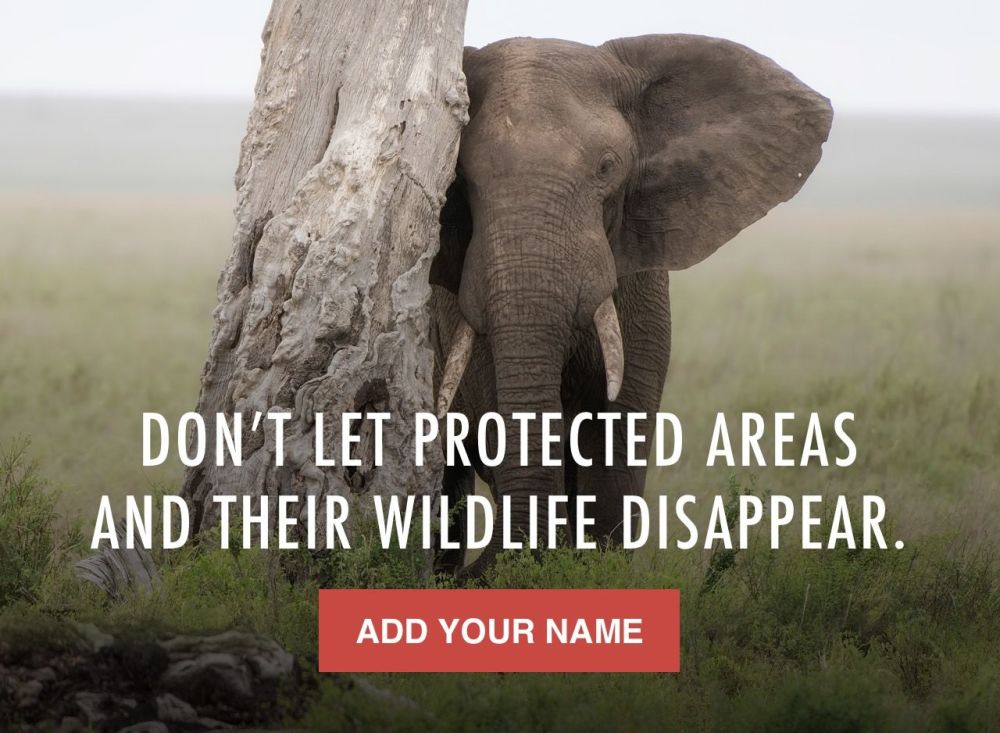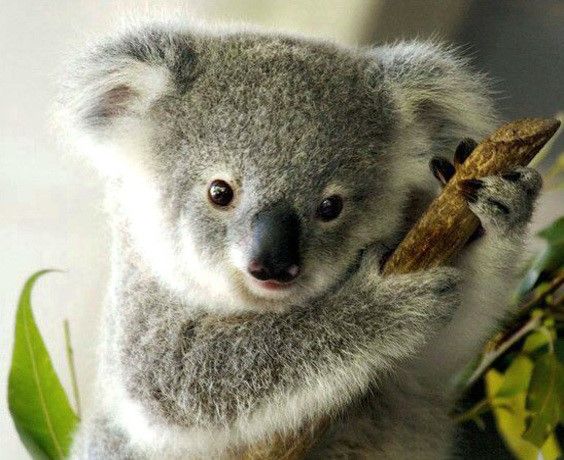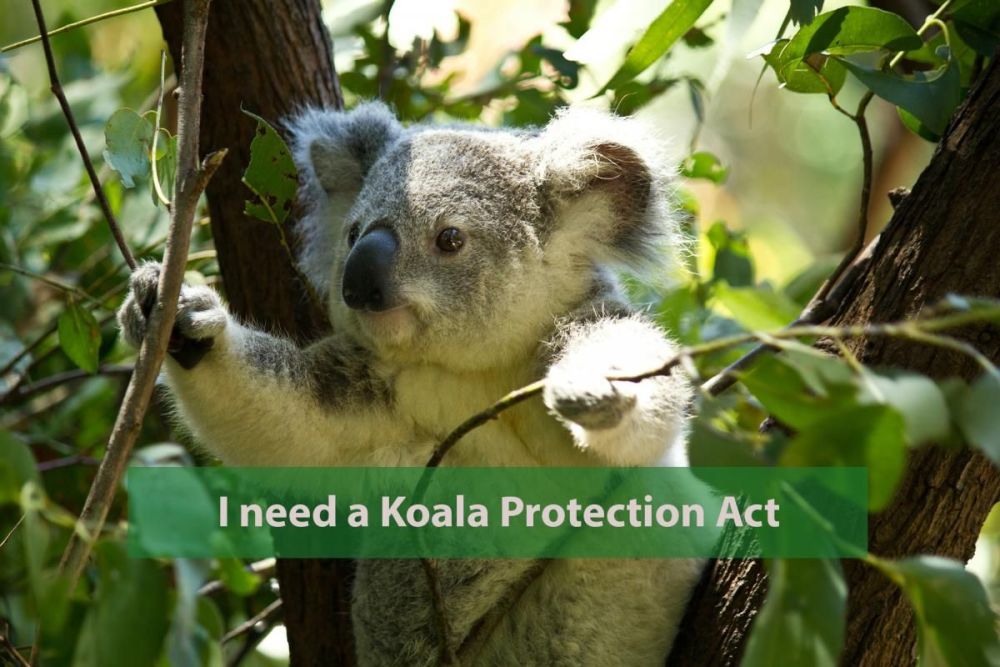Calling all bird lovers! It's World Migratory Bird Day on 9 May 2020
Posted on
|
On the 9th May 2020 (and 10 October 2020), it’s World Migratory Bird Day (WMBD for short). It’s a global campaign and it’s dedicated to raising awareness of migratory birds and the need for countries around the world to co-operate in their efforts to save them. This year, the theme is “Birds Connect Our World”. It was picked to highlight how important it is to conserve and restore the ecological connectivity and integrity of ecosystems which support the natural cycles that are essential for migratory birds to survive and thrive. The day gives us all an opportunity to discover more about migratory birds and be in awe at their amazing feats.
Migratory birds need networks with stops Migratory birds travel far. They need to be able to stop to rest and feed and breed. If you like, you could liken it as a journey along a motorway system and every so often, they need to stop for a break to fill their tummies and have a break. Birds need networks of sites They need a network of sites along these routes to breed, to feed, to rest and spend the winter. They need different sites and habitats, irrelevant of which country they are in. They can cross incredible distances and over impossible terrains such as deserts and open seas. They cross national borders and soar above any national agenda. What they do need is for countries to co-operate to ensure their routes are kept open and safe for them.
Examples of migratory birds’ routes The East Asian – Australasian Flyway goes from the Russian Far East and Alaska through East Asia and South-East Asia, down to Australia and New Zealand – 22 countries in all. The Flyway is home to over 50 million migratory waterbirds from over 250 different populations. They need a system of wetlands to rest, feed and build up the energy they need for the next part of their journey. Wildfowl and Wetlands Trust has an example of swan’s migrating from Slimbridge up to their tundra breeding grounds in the Russian Arctic. RSPB has information about the Arctic tern who travels a rather amazing 22,000 miles a year – the longest migration of all – as they move continually between the Arctic summer and the Antarctic summer. So you can see how important it is that countries work together to give these birds the flight paths they need, with all the facilities along the way.
What can be done at a national/international level:
What individuals like you & me can do:
This day is held twice a year , on 9 May and 10 October so you could prepare an event or attend an October event. Visit BirdLife International and the WMBD’s site here |
